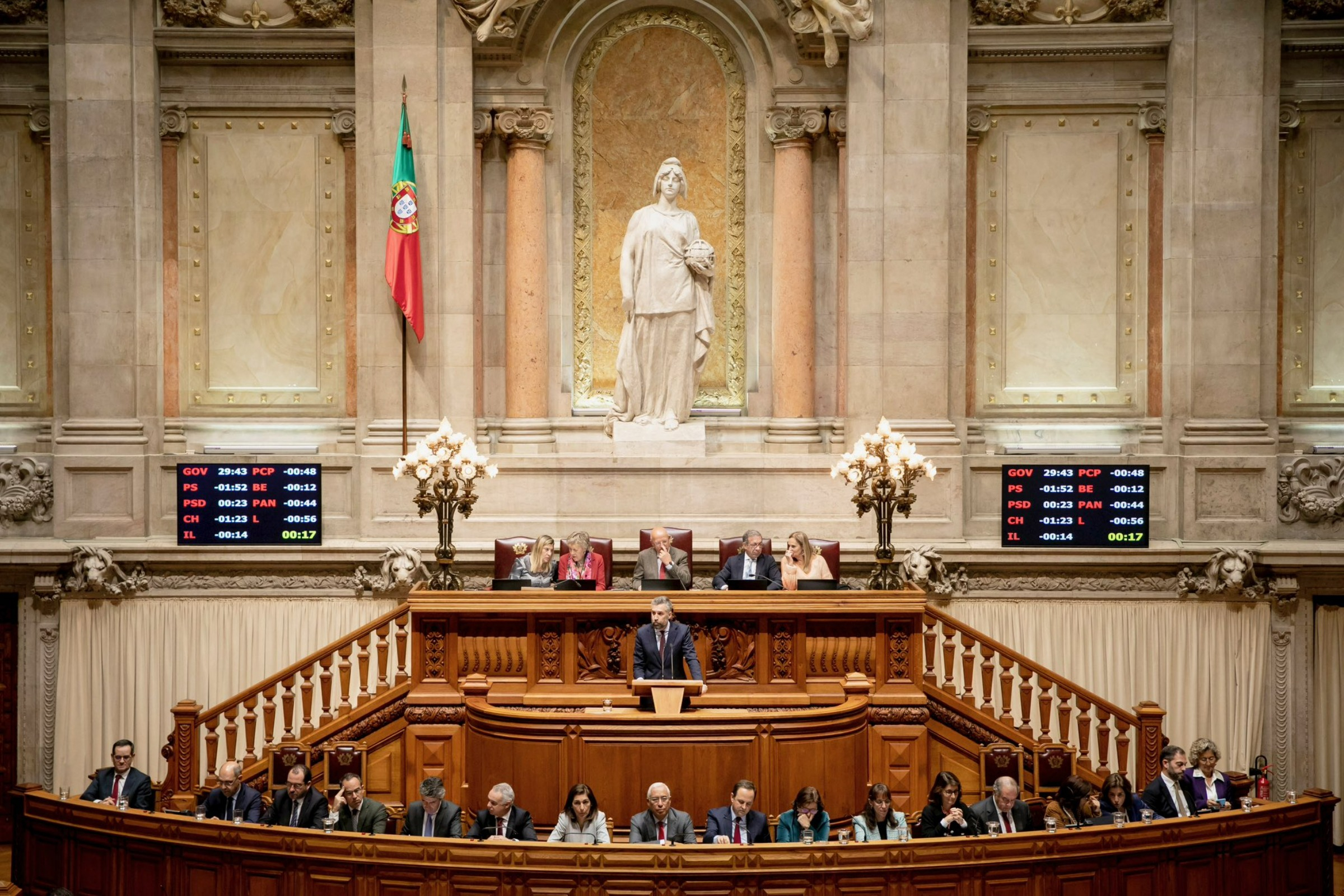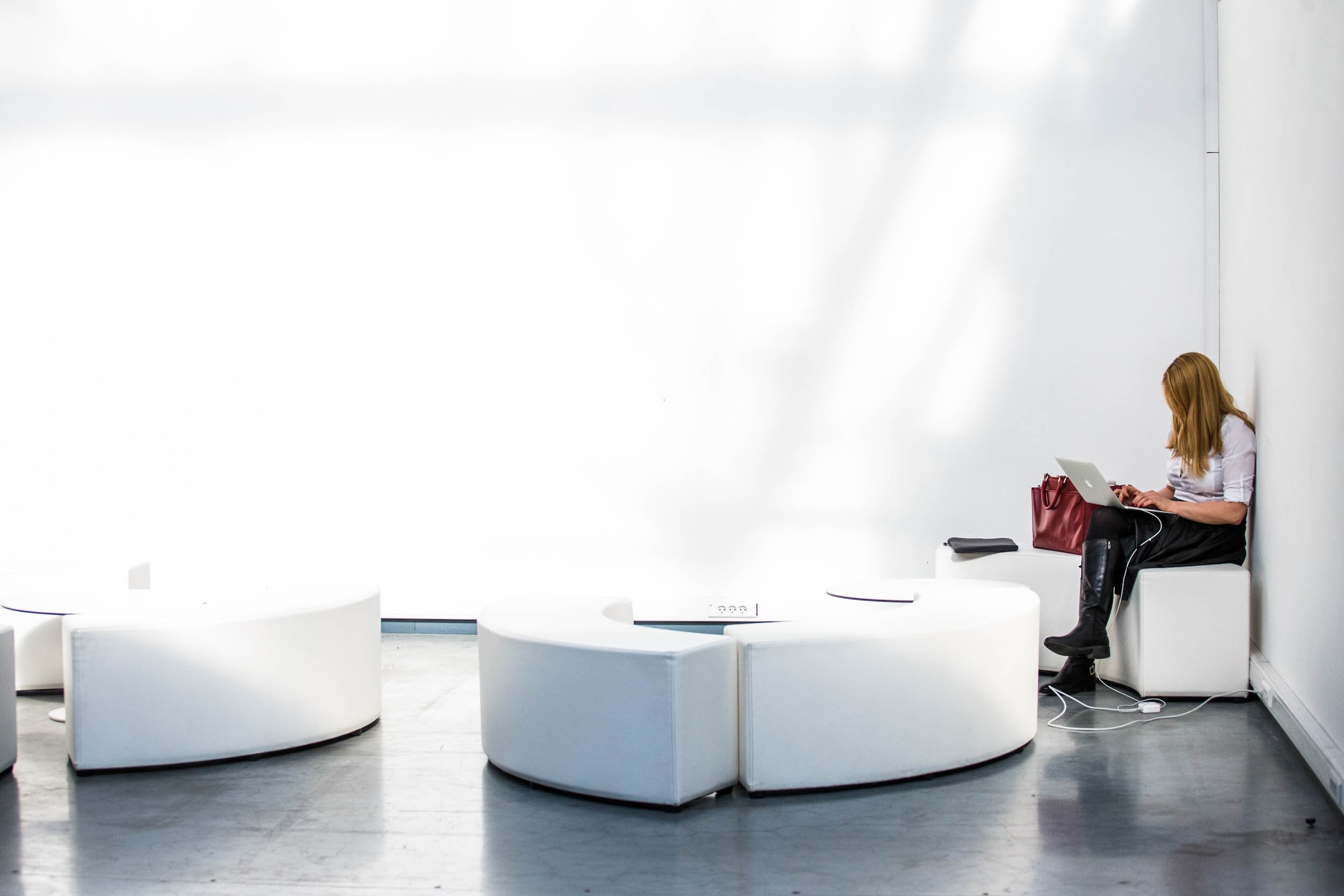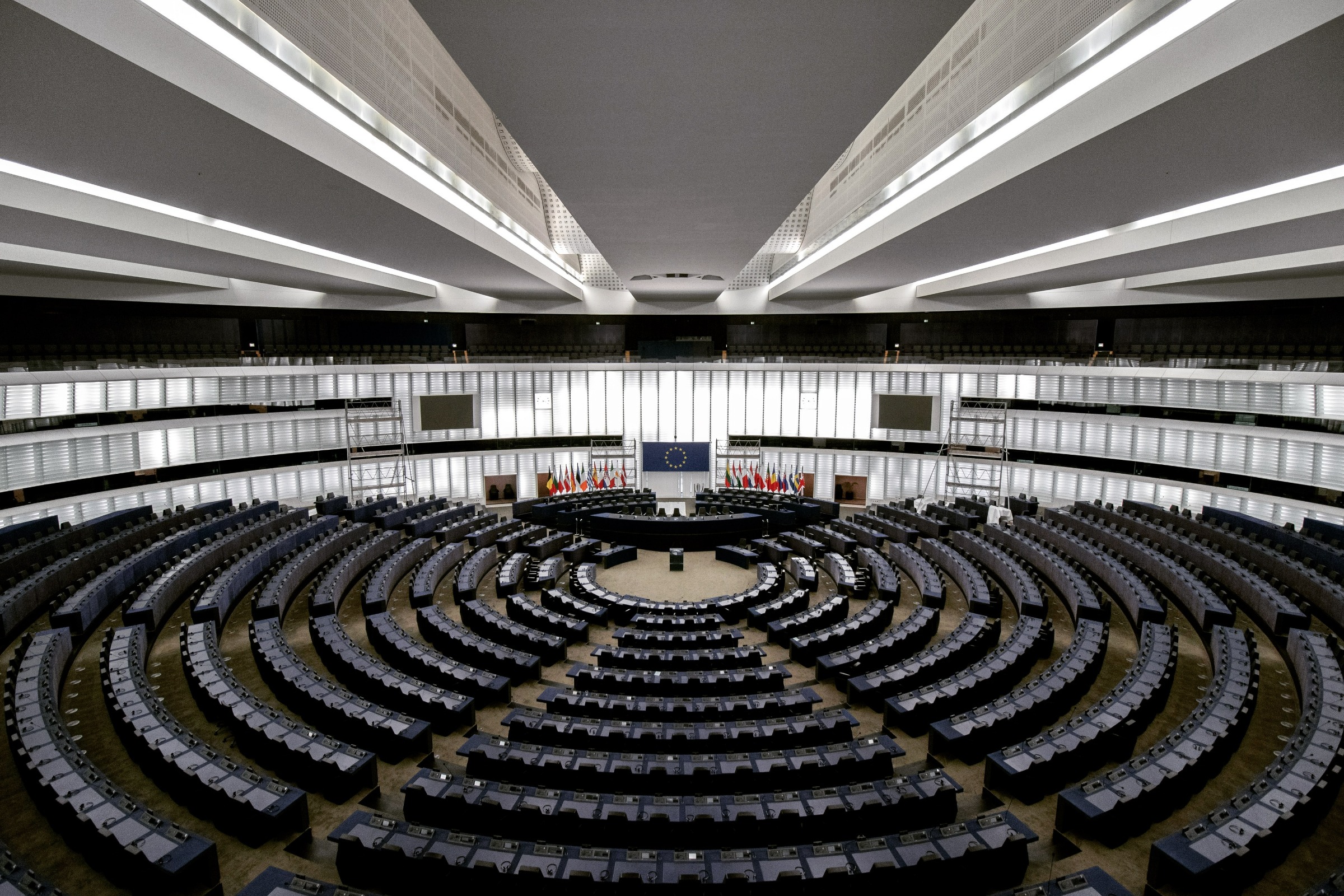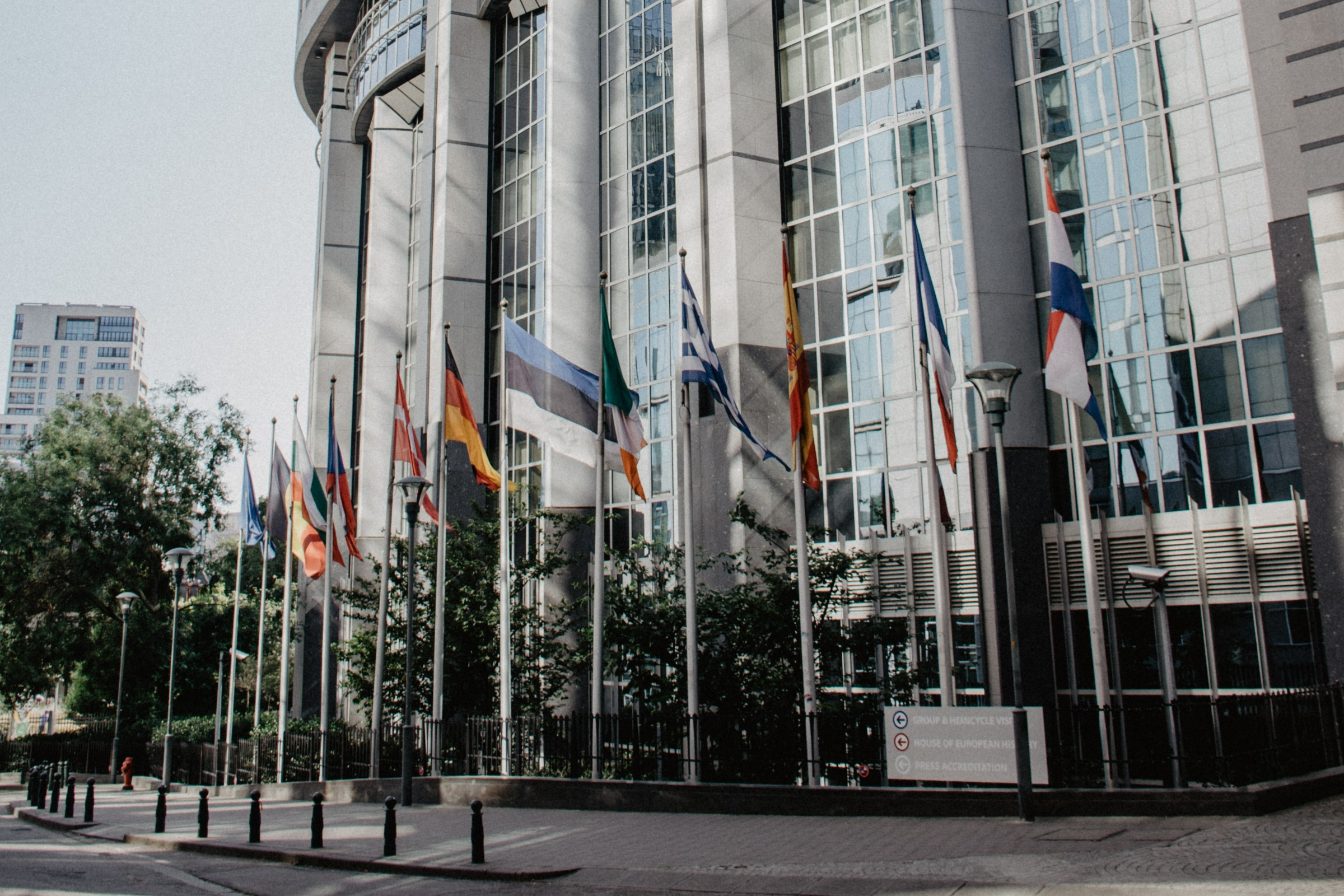In a short time, it will be May 23-26, time for the next elections for the European Parliament. These elections are especially important, as they concern the future of Europe and its standing towards important subjects such as work, security, migration and climate change, some of the most discussed topics, be it in global or local politics. Topics which have a huge influence on our future and well-being in said future. These elections may also mark an important turning point, seeing as the European Union is trying, and often struggling, to fight against the apathy of its citizens and the strong populist tide many countries seem to find themselves in. The situation in my country, Germany, may be described as borderline apathy: European challenges such as the Brexit have proven to us, that, though many like to criticise, there are more than enough advantages for staying in the EU. In fact, three out of four Germans believe the European membership to be success bringing for Germany, in contrast to a more nationalist solution. It is also agreed on, that challenges such as the climate change must be fought against together, however, as of now, Germany has, despite this belief, stayed rather passive in contributing to find compromises and final solutions. Hopefully, the coming elections will be able to compete with these threats, seeing as the European Union has brought so many advantages to its citizens, especially my generation is able to enjoy a mobility unknown to our parents or grandparents. Thanks to programmes, such as ERASMUS programmes, Europe’s inhabitants can study or take part in voluntary projects all over our continent, or, as it is in our case, support the University of Madeira here in Funchal. Moreover, this is not the only benefit of the European Union, to take Madeira as an example again, most of its modern infrastructure, which allows people to travel all around the island in a matter of hours and not, as previously, days and weeks, was payed for, by the European Union. Consequently, I hope that the coming elections are our first stop towards a European Union fitting its motto “United in diversity” and that, in 50 years, the EU will be appreciated as a way to unite people, ideas and live-changing innovations. Project co-financed by: ERASMUS+ Helen Gruegge Students’ Union German Volunteer













